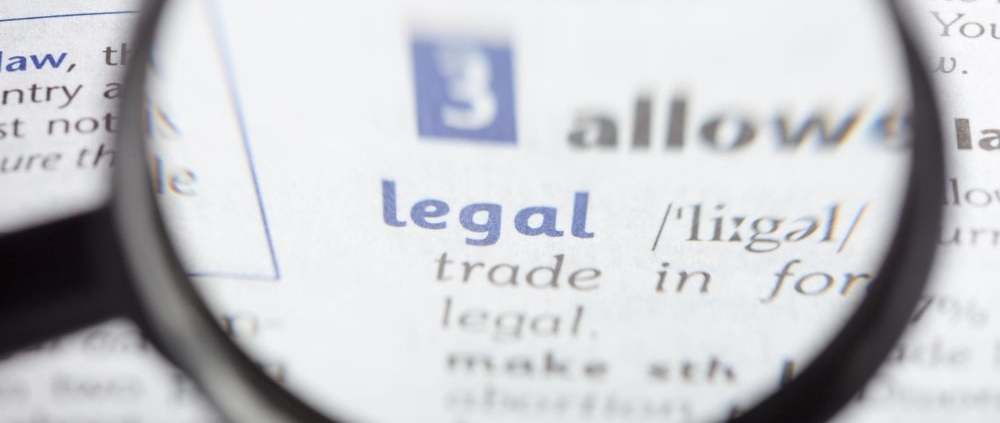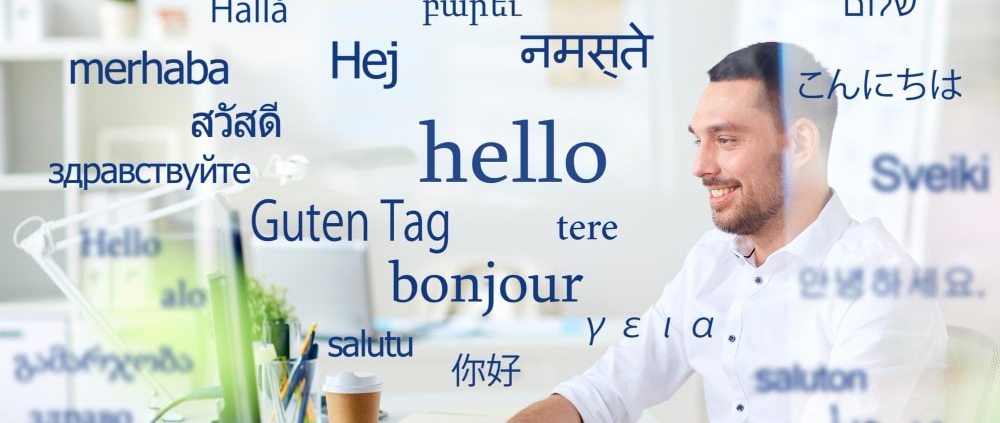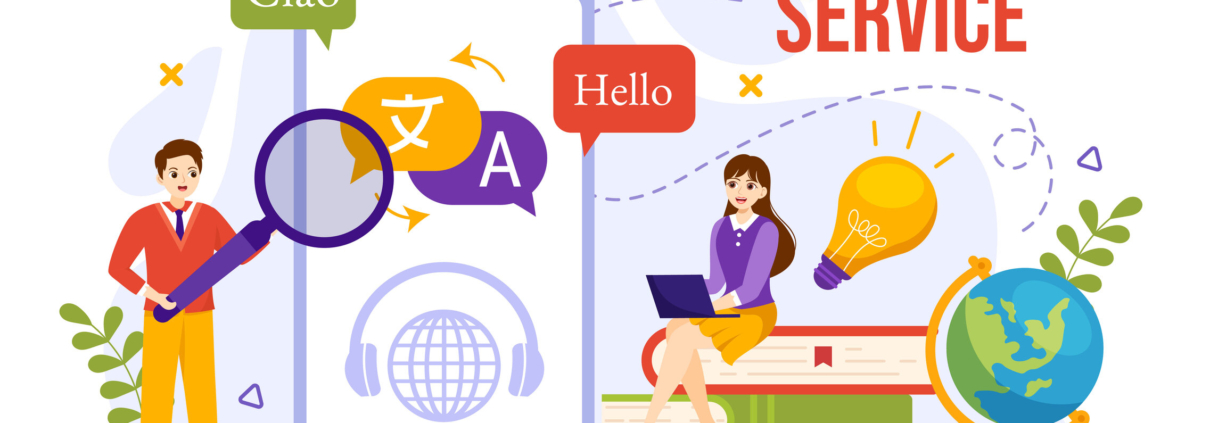How to Get Started with Legal Translation Services
In a globalised world where businesses and individuals are constantly engaging with international partners and clients, the need for accurate and reliable legal translation services has never been greater. Whether it’s for contracts, patents, court documents, or other legal materials, the demand for professional translation of legal content is on the rise. However, getting started with these services can be a daunting task for those unfamiliar with the industry.
In this blog post, we will explore the essential steps and considerations for anyone looking to engage with legal translation services.
Understanding the Importance of Accuracy and Expertise
Legal translation is a specialised field that requires a deep understanding of both the source and target legal systems, as well as a meticulous attention to detail. Any mistranslation or misinterpretation of legal documents can have serious consequences, ranging from financial losses to legal disputes and even jeopardising the outcome of a case. Therefore, it is crucial to recognise the importance of accuracy and expertise when seeking certified legal translation services.
Identifying Your Translation Needs
The first step in getting started with legal language translation services is to identify your specific translation needs. Are you looking to translate contracts, court documents, intellectual property materials, or other legal content? Understanding the nature and scope of the materials you need to translate will help you find a translation provider with the appropriate expertise and experience in the relevant legal areas.
Choosing the Right Translation Provider
Selecting the right translation provider is paramount to ensuring the accuracy and quality of legal language translation.
When choosing a translation provider, consider the following factors:
- Expertise and Specialisation: Look for a translation provider with a proven track record in certified legal translation and expertise in the specific area of law relevant to your documents.
- Quality Assurance: Inquire about the provider’s quality control processes, including proofreading, editing, and review by legal experts to ensure the accuracy of the translations.
- Confidentiality and Data Security: Given the sensitive nature of legal documents, it is essential to ensure that the translation provider has robust confidentiality and data security measures in place to protect your information.
- Technology and Tools: Ask about the technology and tools used by the translation provider, such as translation memory systems and terminology management, to ensure consistency and efficiency in the translation process.
- Qualifications and Accreditation of Certified Translators:
One of the secrets to successful certified legal translation services lies in the qualifications and accreditation of the translators. In the UK, certified translators are typically members of professional translation associations such as the Chartered Institute of Linguists (CIOL) or the Institute of Translation and Interpreting (ITI). These associations ensure that their members possess the necessary linguistic skills and adhere to professional standards. When engaging certified translation services, UK businesses should prioritise translators with relevant industry experience and credentials.
Establishing Clear Communication and Expectations
Once you have identified a suitable translation provider, it is crucial to establish clear communication and expectations from the outset. Clearly convey the purpose of the translation, any specific requirements or preferences, and any deadlines that need to be met. Additionally, be open to providing background information or context about the legal content to facilitate a more accurate and nuanced translation.
Reviewing and Approving Translations
After the translation process is complete, it is essential to review the translated documents thoroughly to ensure accuracy and consistency with the original content. Consider involving legal experts or native speakers of the target language to review the translations and provide feedback before approving the final versions. This review process is critical in ensuring that the legal language translation documents accurately reflect the original intent and meaning.
Continuing Engagement and Feedback
Engaging with translation services should be viewed as an ongoing partnership rather than a one-time transaction. Provide feedback to the translation provider on the quality of the translations, the accuracy of terminology, and any areas for improvement. This feedback loop can help the translation provider better understand your needs and preferences for future translations.
How can legal translation services benefit businesses?
Legal translation services are indispensable for businesses operating in a globalised environment, offering crucial support in ensuring accuracy, compliance, and effective communication across diverse legal landscapes. By partnering with professional translation providers, businesses can navigate the complexities of legal documents with confidence, ultimately contributing to their success in the international marketplace.
In today’s interconnected world, the demand for accurate and reliable translation services continues to grow. By understanding the importance of accuracy and expertise, identifying specific translation needs, choosing the right translation provider, establishing clear communication and expectations, reviewing and approving translations, and providing ongoing feedback, individuals and businesses can effectively navigate the process of engaging with legal translation services. With the right approach and a trusted translation partner, the challenges of legal translation can be effectively addressed, enabling seamless communication and collaboration across language barriers in the legal domain.
TW Languages: Your Trusted Legal Document Translation Service
If you want to translate legal documents that are getting harder to decipher, turn to the legal translation services of TW Languages to understand the details better. The legal translation solutions offered by us are extremely accurate and fluent, regardless of the languages involved. What makes us different is the ability to work across diverse industry verticals with exceptional skills, technological inputs, and an extensive team of translators to rely on.
Contact Us Now and Transform Your Legal Documents for Global Success!











